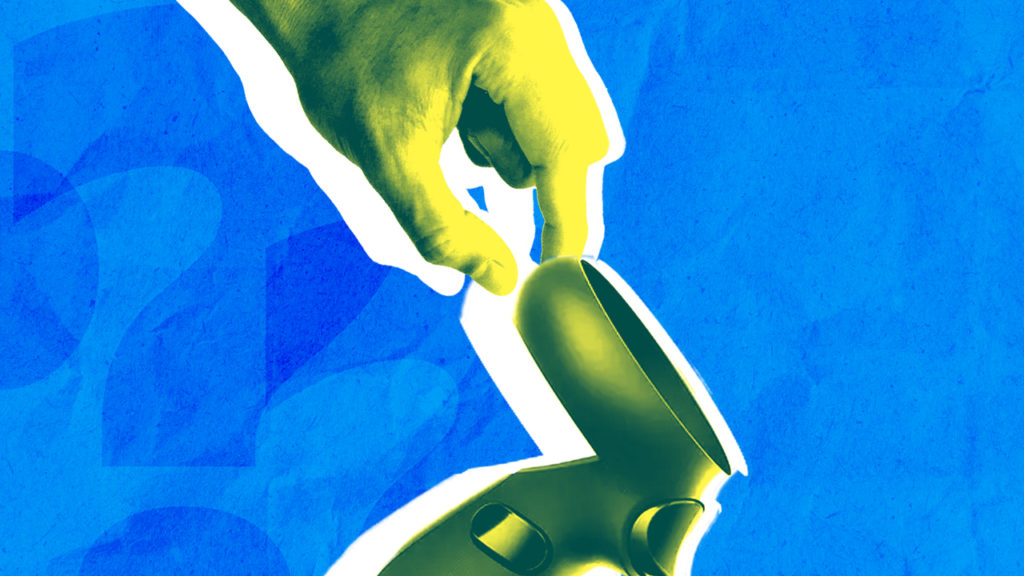From gaming, live concerts and sports, promotions and education, there’s no denying the appetite to use virtual reality and augmented reality (AR) across mediums and campaigns. Mixed reality, or XR, is a space that’s rapidly growing and expanding and it’s something we’re keeping a close eye on.
To bubble up what’s happening in the space, we’re introducing a weekly recap of what’s developing in the XR world to better inform how we can use these current events to create stronger campaigns and be on the cutting edge of technology. Oh, yeah—it’s also pretty cool.
Phil Spencer: “Nobody’s Asking For VR“
What’s Happening: Phil Spencer states that “nobody’s asking for VR” and Project Scarlett will not be focusing on VR features at launch. This is an interesting move considering Sony is moving PSVR hardware (4.2 million units sold since 2016 launch), Oculus has made huge efforts to fund and create new games built for VR (Sanzaru Games’ Asgard’s Wrath and Insomniac Game’s Stormland), Nintendo has explored with Labo VR, and Valve is getting even more into the VR game with the Index and the announce of Half-Life: Alyx.
Why It Matters: While VR may not be in a space right now where big companies like Xbox aren’t ready to jump in, there’s no doubt that they’re exploring the space. So when does one determine the right point to jump into developing console support for VR? Once we see a big win or killer app succeed (looking at you Half-Life: Alyx) this will dramatically shift the world’s perspective on the VR gaming landscape as adoption rates for VR hardware rise.
EDEN Labs Makes Snacker VR Headset For Museums, Stores
What’s Happening: The Snacker headset from EDEN Labs looks to provide opportunities for the public to experience VR in an accessible pickup and play setting. The Snacker isn’t targeting gaming, but looks to be focusing on museums, shops, and expos to provide attendees a ‘snackable’ VR experience getting first-time VR experiencers a glimpse at what the future of virtual reality has in store. The lack of straps and controllers should make it less scary for average people to give it a go.
Why It Matters: VR devices like the Snacker provide many opportunities for brands in the experiential space to look at how they can implement VR into their marketing campaigns. Additionally, marketers could identify and work with locations that support the Snacker to determine how they can get people experiencing their content in VR, while keeping in mind that many people trying this may have never used VR before.
Another AR Device Heads To Market: Nreal Light AR
What’s Happening: The exploration of AR is still kicking strong as Nreal announces that their developer kits are now available for pre-order for $1,200. Consumer models will be coming in 2020 for $500. Looking more like sunglasses than something like google glass, the glasses feature 6DOF with inside out tracking, a 1080P display, and options available for prescription lenses with a “wide range of diopters for nearsighted users.”
Why It Matters: AR devices are continuing to diversify. Many tech companies are leaning more and more into AR. Google has AR map integration and search results, Instagram and Snapchat have AR filters, and even Apple is in the AR space.
Users Adapt Sign Language For VR
What’s Happening: When it comes to gaming and social hangouts online, there’s no arguing that communication is key. What happens when deaf people can’t hear what’s happening? The community comes together to create a VR-adapted sign language. While current controllers don’t have as many options to support all signs in VR, this adapted version is letting users with and without hearing communicate together and it works!
Why It Matters: Companies are spending more time and care on accessibility tools and features with good reason. We’ve seen gaming take a hard focus on accessibility from the Xbox Adaptive Controller to websites like caniplaythat.com focusing on accessible gaming. Tech advancements are constantly improving our lives, when it comes to building within this newer medium, we should be aware of and think about how we can integrate accessible features becoming more inclusive to everyone that might be in VR.

